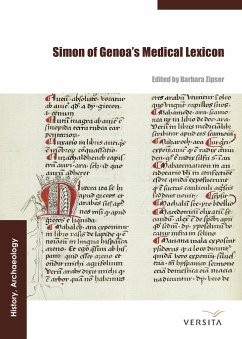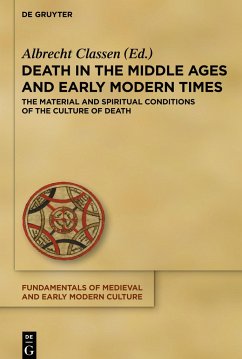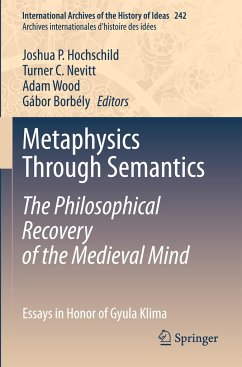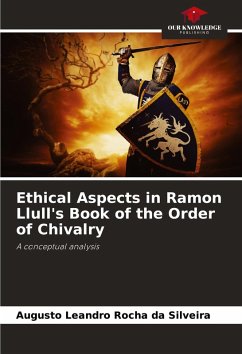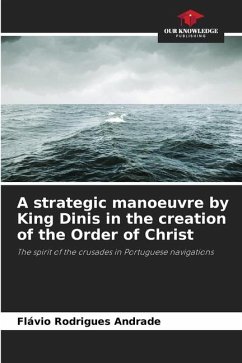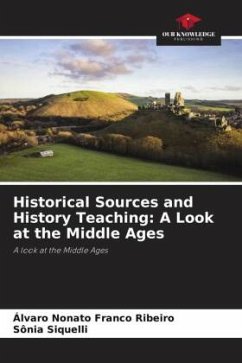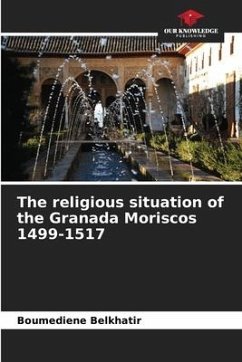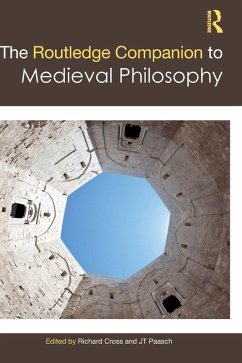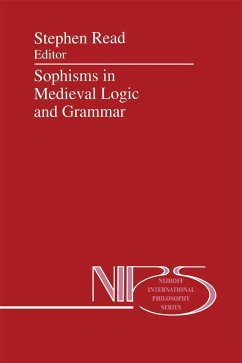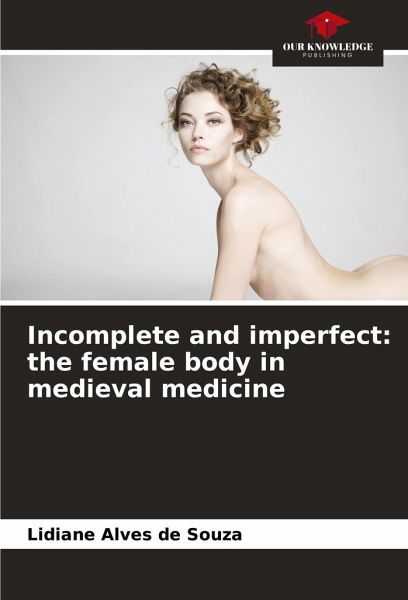
Incomplete and imperfect: the female body in medieval medicine
Versandkostenfrei!
Versandfertig in 6-10 Tagen
41,99 €
inkl. MwSt.

PAYBACK Punkte
21 °P sammeln!
The book investigates the representations of women's bodies produced by medical discourse in the 13th century by analysing three genres of medical literature produced in the period: the medical commentary on Johannitius' Isagoge by the Portuguese physicist Pedro Hispano, the treatise attributed to Albert the Great entitled De secretis mulierum, and the prescription book Thesaurus pauperum also by Pedro Hispano. In this context, medical knowledge was basically based on Aristotle's natural philosophy and Galenism, which was absorbed and reinterpreted by the Arabs. For women and women's problems,...
The book investigates the representations of women's bodies produced by medical discourse in the 13th century by analysing three genres of medical literature produced in the period: the medical commentary on Johannitius' Isagoge by the Portuguese physicist Pedro Hispano, the treatise attributed to Albert the Great entitled De secretis mulierum, and the prescription book Thesaurus pauperum also by Pedro Hispano. In this context, medical knowledge was basically based on Aristotle's natural philosophy and Galenism, which was absorbed and reinterpreted by the Arabs. For women and women's problems, the foundation of medicine on these bases represented the resumption of a long medical tradition that had differentiated, inferiorised and hierarchised women's bodies in relation to men's, and associated them exclusively with reproduction. Mainly identified with the works of Aristotle and Galen, this form of understanding was assimilated and re-signified in the writings of the Latin medicaltradition (Etimologias, by Isidore of Seville) and medieval Arabic (De genecia, by Haly Abbas, and Cânon de Medicina, by Avicenna).





